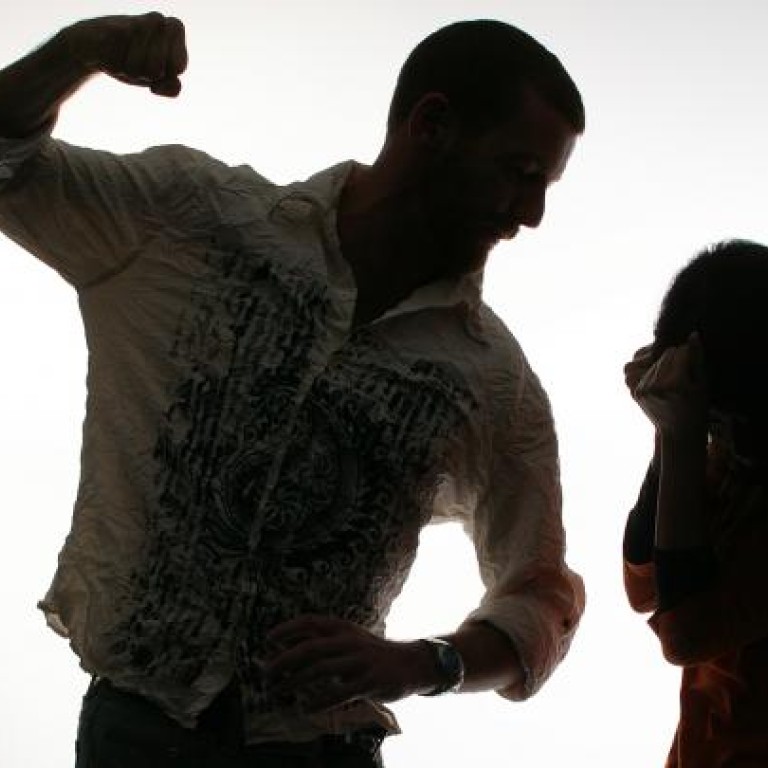
Many domestic violence cases not reported: poll
About one in four women in a recent survey said they had been victims of domestic violence, but fewer than one in 10 told police.
Also, 49 per cent of the respondents said they had been sexually harassed, but less than 3 per cent of them reported it.
The survey of 402 women was taken this month by the Hong Kong Women's Coalition on Equal Opportunities, which released the results yesterday.
Hui Pui-lam, a coalition spokeswoman, said the victims might not report the cases because they did not know that what they had been subjected to was a form of domestic violence or sexual harassment. "They might have experienced something that fits the definition, but did not know it," she said.
Hui said Section 40 of the Sex Discrimination Ordinance covered sexual harassment by someone providing goods, facilities or services to a woman, but not the other way around.
Hence stewardesses, make-up artists and other women providing a service would not be protected from sexual harassment from a client. Such cases, Hui said, would go unreported.
Some of the reasons respondents gave for not going to the police or friends and family included feeling ashamed and not wanting to blow up the incident.
The coalition noted that from 2007 to 2011, the police received 551 reports of rape and 7,000 of indecent assault, and that figures from the Equal Opportunities Commission showed that there was one case of sexual harassment every three days.
These figures were "only the tip of the iceberg", it said.
It suggested that the Legislative Council's panel on welfare services form a subcommittee on violence against women.
The government should also support groups that help victims of sexual violence, and hospitals should have crisis centres.
"Domestic violence victim shares her story", Video by Hedy Bok
A-Yuk, a victim of domestic violence, is one example: For several years, she kept her marital nightmares to herself.
"My husband had an affair with another woman, and he even brought her home to sleep on our bed. He beat me, threw my clothes out of the window and forced me to leave," she said.
Yuk is 62, has high blood pressure and has previously had a stroke. As a new immigrant from mainland China, she had no one else to depend on in Hong Kong, and she chose not to fight back. She started living at a neighbourhood park.
"I slept in the park for a week without showering. When curious park-goers asked, I just told them I was just hanging around and exercising. You simply don't go around telling people [about the abuses]. I'm old. It's too shameful," she said.
Yuk eventually sought help from social workers, got a divorce and moved to a transitory shelter home for women. But other female victims of physical and sexual abuse are largely invisible to the public eye, and often are under the radar of social policymakers.
"Hong Kong may seem like a safe place, but we were absolutely shocked by what we found out," said Elene Lam Yee-ling, advocacy officer for Rainlily, a rape crisis centre.
Sexual assaults at the workplace and within marriage are less likely to be reported, because both contexts involve an important relationship at stake.
Said coalition spokeswoman Chan Kim-kam: "A lot of power play goes on here. If an employee accuses her boss of sexual harassment, she's likely to lose her job. If a woman presses charges against her husband, she might ruin her entire family. In both cases, the victim would feel betrayed by someone they trust and respect."

